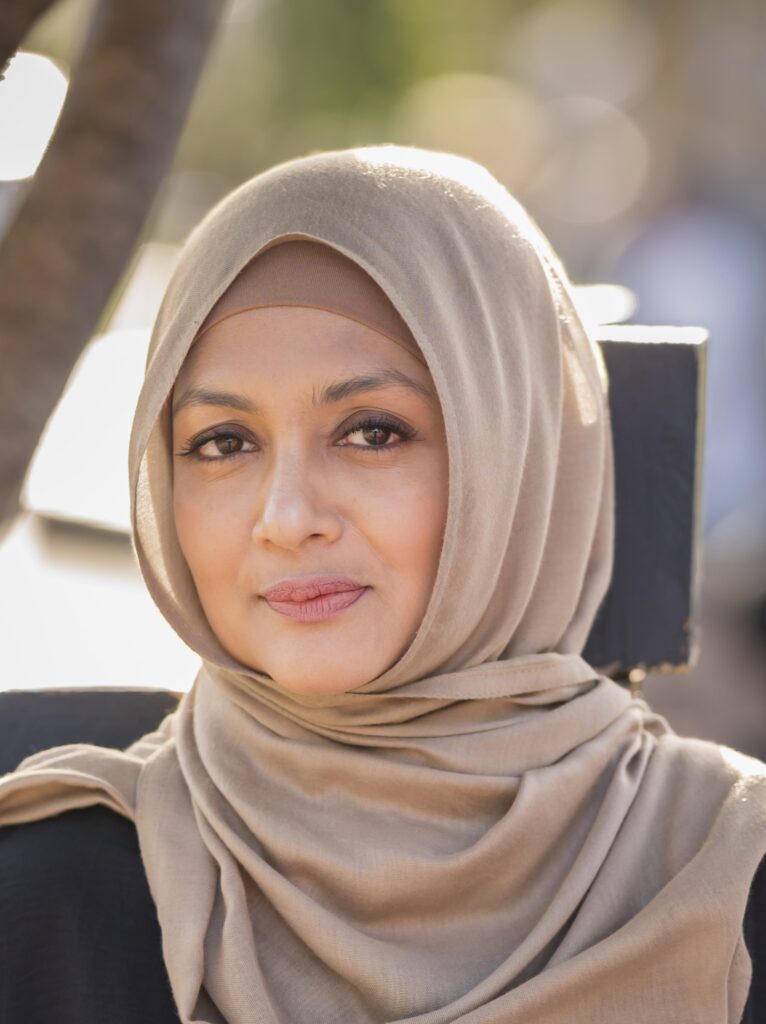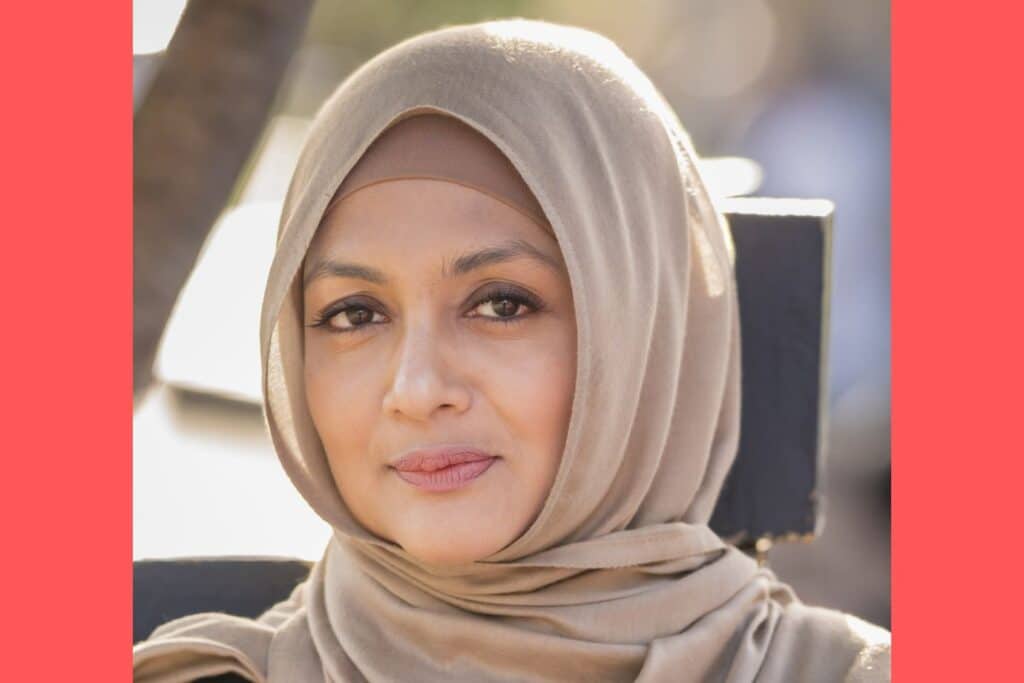For the second year in a row, the majority of Australians recognised on the Governor-General’s annual Honours List are women.
There are 1,042 people receiving awards today, recognised for their service to the country through their work, advocacy, research and more.
More than 700 Australians will be receiving awards in the General Division of the Order of Australia, while others will receive military awards, meritorious awards and distinguished and conspicuous awards.
The Australian Governor-General David Hurley congratulated all the Australians who made the Honours List.
“Recipients have made a difference and had an impact at the local, national and/or international level,” Hurley said. “Individually, they are inspiring and collectively they speak to the strength of our communities.
“Recipients come from all parts of the country. They have served and had an impact in just about every field you can imagine; their stories and backgrounds are diverse. We value their service, thank them for their hard work and selflessness and, today, celebrate them.
“To each recipient: know that you have the thanks and respect of your nation. In my experience most are humble and often try to deflect attention or praise – please enjoy the moment because your country has decided that you deserve recognition.”
Dr Sabrin Farooqui
Dr Sabrin Farooqui featured on the Honours List and will be receiving a Medal of the Order of Australia (OAM) for her services to community and multicultural affairs. She is being recognised for her work and advocacy for the migrant and refugee communities in Australia, particularly the women in those communities.
“This is a great honour – it’s hard to express it in words. It is a very overwhelming feeling,” she told Women’s Agenda.
“But I’m truly honoured and privileged to receive a national award. It’s beyond imagination.”

Dr Farooqui came to Australia 20 years ago to study for her Masters at the University of NSW. In her home country, Bangladesh, her parents always gave back to their community, working with and supporting disadvantaged people.
“That’s how I started my work – I inherited it,” she said.
But coming to Australia wasn’t easy. As a first generation migrant woman, Dr Farooqui found it extremely difficult navigating systems in Australia.
Her experience, as well as being inspired by her parents, encouraged her to give back to her community.
“In any country, it’s difficult to navigate systems as a migrant, so I want to help new migrants so that they don’t have to go through the suffering and all the hard times I went through,” Dr Farooqui said.
“That made me more involved in the community service and settlement of migrants.”
After her son became a little older, she first volunteered for Settlement Services International to help refugees and migrants settle in Australia. It was here that she encountered the significant disadvantage that migrants and refugees face in this country.
“Many of us are from a privileged society. We don’t suffer, but other people are suffering, so we should help them,” Dr Farooqui said.
Now, her advocacy and word to give back to her community has expanded in the various roles she holds. Dr Farooqui is a founding member and the President of Cultural Diversity Network Inc. (CDNI).
Dr Farooqui is also the Councillor for Cumberland City Council, and as a member of the Australian Labor Party (ALP), she is an elected member of the NSW ALP Policy Forum.
Financial independence through education
Dr Farooqui’s number one priority is championing the financial independence of migrant and refugee women, and this has to come through education.
“I believe everyone – both men and women – needs to be financially independent,” she said.
“And what I see among migrants, migrant women are not financially independent. The research says that overall in Australia, women are earning less than men… but on top of that, migrant and refugee women are actually earning less than the average woman in Australia.”
Financial independence is connected to everything, Dr Farooqui said – confidence, self-assurance and, most importantly, dealing with situations of family and domestic violence.
Relying financially on a partner or spouse is how many women, particularly migrant and refugee women, end up in abusive and unsafe relationships that they feel they just can’t get out of.
“There are many women who don’t leave the relationship just because they’re scared of the impact,” Dr Farooqui said.
That’s where education comes in – Dr Farooqui knows that, once women become financially literate and understanding of Australian family law, it will become easier for women to deal with these circumstances.
“It’s important that everyone understands financial literacy – and these things are more important for migrant population,” Dr Farooqui said.
“And I think with all the domestic violence programmes we have, we need to have more education on the legal system and on family law.”
Dr Farooqui is also a strong advocate for including men in conversations around women’s issues, especially on domestic violence.
“There is a gap of men’s voices – we need to bring them on board to understand the complicated system of domestic violence more,” she said.
“We need to know why it’s happening – why so many women are being killed.”
Dr Farooqui hopes her recognition through her OAM will inspire others to follow in her footsteps. As she accepts her award today, she is showing no signs of slowing down in her advocacy.
“Migrant and refugee women’s voices must be in policy making – these things are absolutely important for me, and I want to keep advocating for it,” Dr Farooqui said.
“I want to be their voice. I want to keep my advocacy going.”


